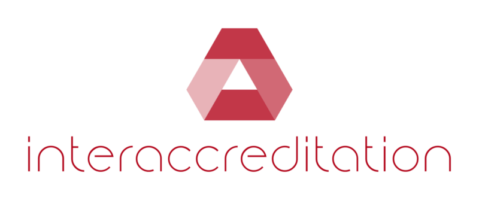Impartiality is the principle holding that decisions are based on objective evidence obtained during assessments, not based on bias or prejudice caused by the influence of different interests of individuals or other involved parties.
Impartiality should mainly assured by independence of staff, competence of audit teams, exercising due professional care in conducting the audits, collecting of objective evidence and the presence of quality controls.
The management shall place responsibility on each auditor to maintain independence so that opinions, conclusions, judgments and recommendations will be impartial and be viewed to be impartial by knowledgeable third parties. Auditors should notify their supervisor of any personal impairment to their independence that could affect their objectivity in conducting the audit. In such situations, the management should reassign the audit team. The management must have freedom to set priorities and plan its work in accordance with its mandate and adopt methodologies appropriate to the audits to be undertaken.
The staff assigned to conduct the audit should collectively possess adequate professional proficiency for the tasks required.
Due care entails that auditors must apply the established auditing procedures in setting the scope of the audit, following the audit criteria, gathering and evaluating objective evidence, and in reporting findings, conclusions and recommendations.
Maintaining and continuously improving the quality of its work is of critical importance to the credibility of a certification body. In this regard, the management should pay particular attention to assessing the quality of its audit performance on an ongoing basis.

